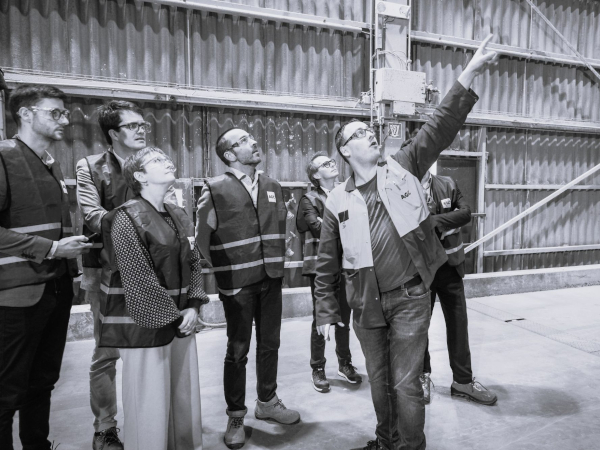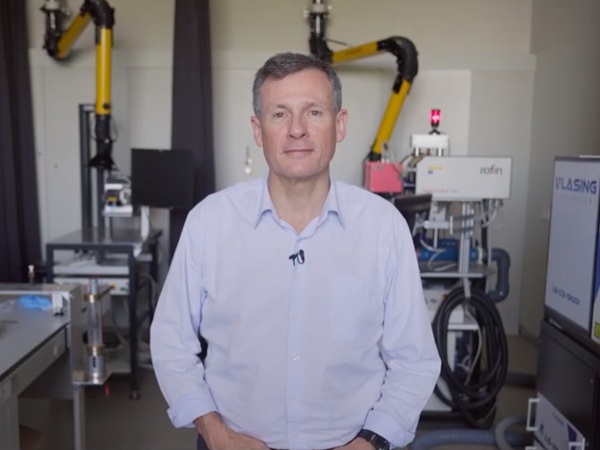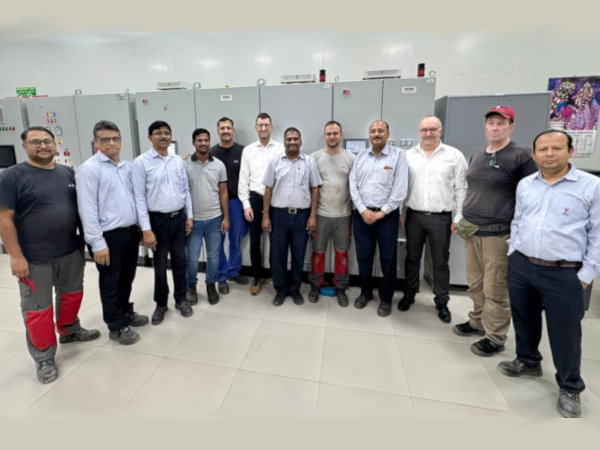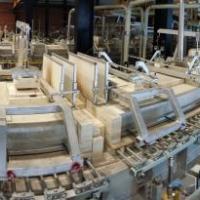Date: 25 March 2005
Having gone up to 675,000 tonnes from just 58,000 in 2004, the industry noted the huge increase in the amount of recycled glass being reused for this purpose, and observed that a further 145,000 tonnes had been exported to other EU container makers.
Overall growth is estimated currently to be at around 17%, although British Glass was unable to confirm the figures for definite until Defra announces its official figures for 2004.
However, according to director of strategy and communications for British Glass Andrew Hartley, these figures show that based on the waste stream figure of 2.5 million tonnes, the 2005 UK target of 46.1% (or 1,167,500 tonnes) will not stretch the supply of recycled glass at a time when it is critical to maintain progress in order to achieve the 60% glass recycling target set by the EU Packaging Waste Directive.
"In order for glass recycling to achieve its 60% target, continued, focussed investment at local authority level is needed," he explained. "Despite the growing focus on the landfill allowance trading scheme (LATS), glass collection from households needs to double in the next four years. While growth rates have been very strong, they have come with a massive growth in mixed collection."
The organisation's figures also clearly show that there is an imbalance between the recycling of different kinds of glass. Container production in the UK is predominantly clear glass with high export rates, mainly in the form of whiskey bottles.
On the other hand, there is limited UK production of green glass but we have extremely high import rates, mainly in the form of filled wine bottles, the result being that there is a shortage of clear glass for recycling but more recycled green glass than container makers alone can recycle.
"The development of existing and higher value alternative markets is a crucial aspect of continued UK growth," Mr Hartley continued. "Above the 311,000 tonnes of green glass currently recycled by the container sector each year, alternative markets have to be found for any additional green that cannot be exported."
The Waste and Resources Action Programme (WRAP) has developed various other applications for recycled glass than making glass containers, including making bricks, water filtration, making cement and concrete and being used on sports turf such as golf courses.
However, Mr Hartley claimed that, although the technical feasibility of WRAP's alternative markets was proven and they could potentially offer high-volume, high-value alternative markets, he did not believe that they were, as yet, commercially viable.
"The current difficulties of supply, combined with a target that will continue to grow in absolute terms, means that more action is now needed in order to ensure that UK reaches its targets," he concluded.
"Capacity exists in the container industry to recycle over a million tonnes of glass, but future growth can only come from more clear and brown glass. Without action to address these issues there is concern that the UK may fail to meet the 2008 target."










Add new comment